TF–14
Friedrich Karl Joseph von Erthal was the first German duke to initiate the emancipation of Jews in the German territorial states. Erthal had been Elector of Mainz since 1774 and, as a representative of enlightened absolutism, corrected the line of his reactionary predecessors. Nevertheless, it took until after the death of Maria Theresa (1780), who had still banned Jews from Prague in 1744, for her son, Emperor Joseph II, and with him the archchancellor of the empire, Erthal, to finally dare to extend their reforms to the Jews. In the Electorate of Mainz, Erthal issued three general rescripts of the medieval Jewish order in 1783/84. Printed ordinances and decrees of the Mainz government were transferred to a Kopialbuch in the Lorsch office (since 1782). The decree of February 17, 1784 was of a fundamental nature. Electoral land law now applied to Jews (Jews among themselves had possessed a certain autonomy, with the rabbi as the first instance). Participation of Jews in provincial assemblies (mainly for tax estimation) became obligatory, as did bookkeeping in German, teacher examinations, and German examinations as a prerequisite for the granting of letters of protection. The issuance of death certificates became obligatory. Equality with Christian subjects was achieved in marriage licenses, the free exercise of trade (outside the guilds), but above all in the free choice of schools at all state schools, the unrestricted purchase of land and houses, and thus the freedom of settlement. On September 27, 1784, Erthal had to clarify: „…and order that the Jewish children should in no case pay more in school fees than the Christian children, and that the school teachers should see to it that the Jewish schoolchildren are not treated with indignity, but with equal consideration.“
